Word Wall Oxford 500
10 years ago I started Jane Farrall Consulting – and also started this blog. Over this time, I have blogged quite a bit about word walls – about setting them up and using them. They are such a valuable tool for our conventional literacy learners. In Australia, the Oxford Word List is the most


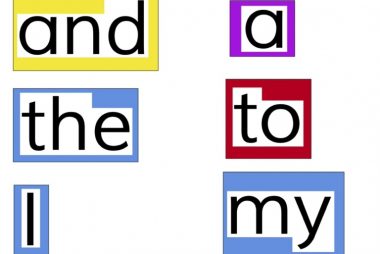
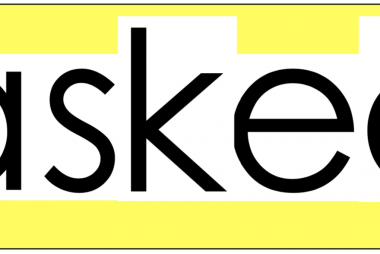
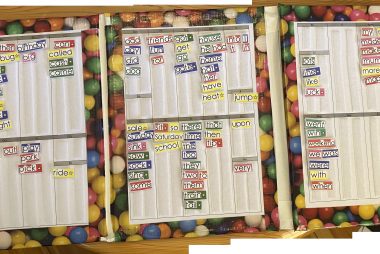
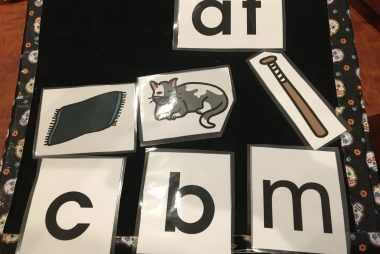
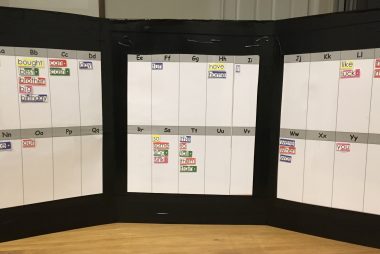
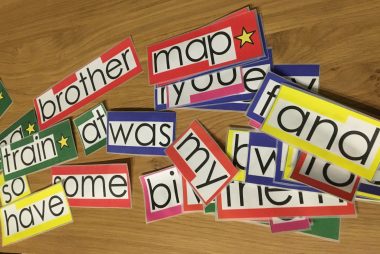

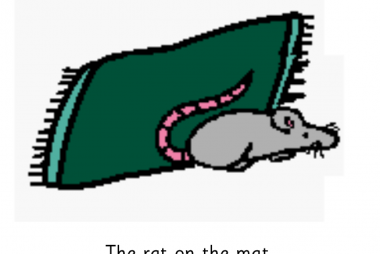

Word up – 2019 is here and we’re going to the wall!
Happy New Year everyone! I hope that 2019 has lots of great times in store for you all 🙂 I’m going to take a break from my string of blog posts about writing and add to my previous blog posts about the word wall that I published in February 2017. The first blog post was
Read More